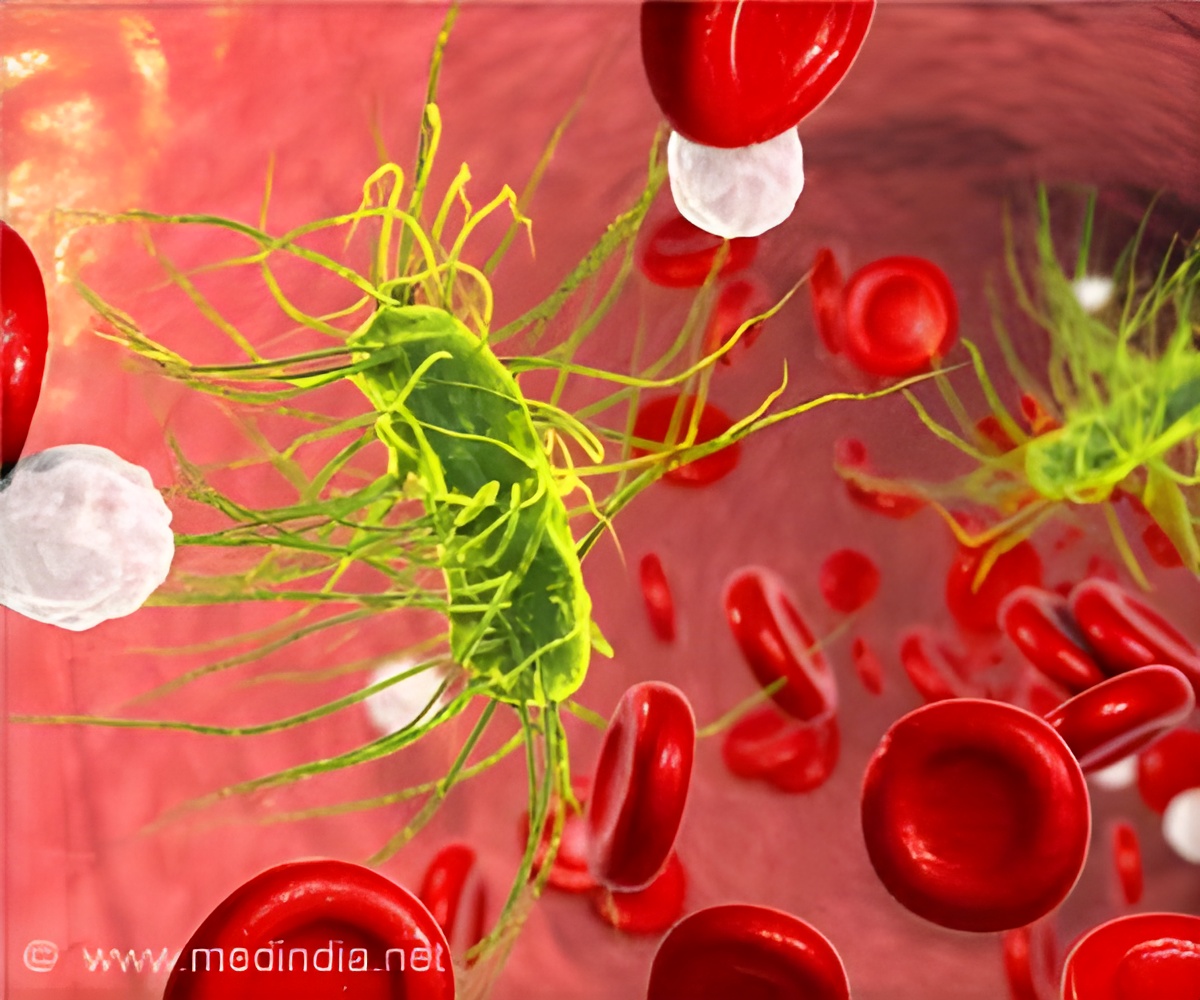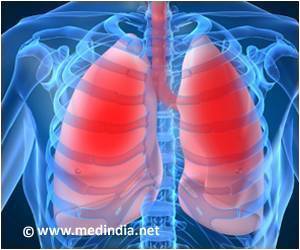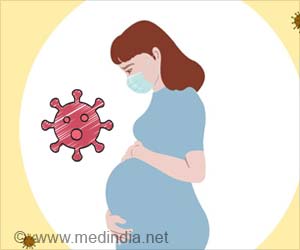Mucormycosis often termed black fungus is now recurring among the Covid-19 patients due to the unhygienic way of delivering oxygen to patients with the indiscriminate use of steroids can be fatal.

Considering Mucormycosis to be an opportunistic infection, it affects people with an impaired immune system due to use of corticosteroids leading to impaired immune function; other immunocompromising conditions, like cancer or transplants and in damaged tissue after trauma or surgery.
Generally, Covid Associated Mucormycosis presents with symptoms of pain and redness around eyes and/or nose; fever; headache; coughing; Shortness of breath; bloody vomits and altered mental status.
In patients with severe COVID, the lungs are damaged and the immune system is suppressed so these fungi grow in airways or sinuses and invade other body tissues like eyes, brain and skin.
In the COVID infected population comprising mostly diabetic combined with steroid treatment damaging the tissue and blood vessels in an unhygienic way of delivering oxygen presents more chance for fungus exposure.
In this case, the diagnosis and intervention as early as possible is important. This includes control of blood sugar, urgent removal of dead tissue, and antifungal drug treatment.
Advertisement
Advertisement















